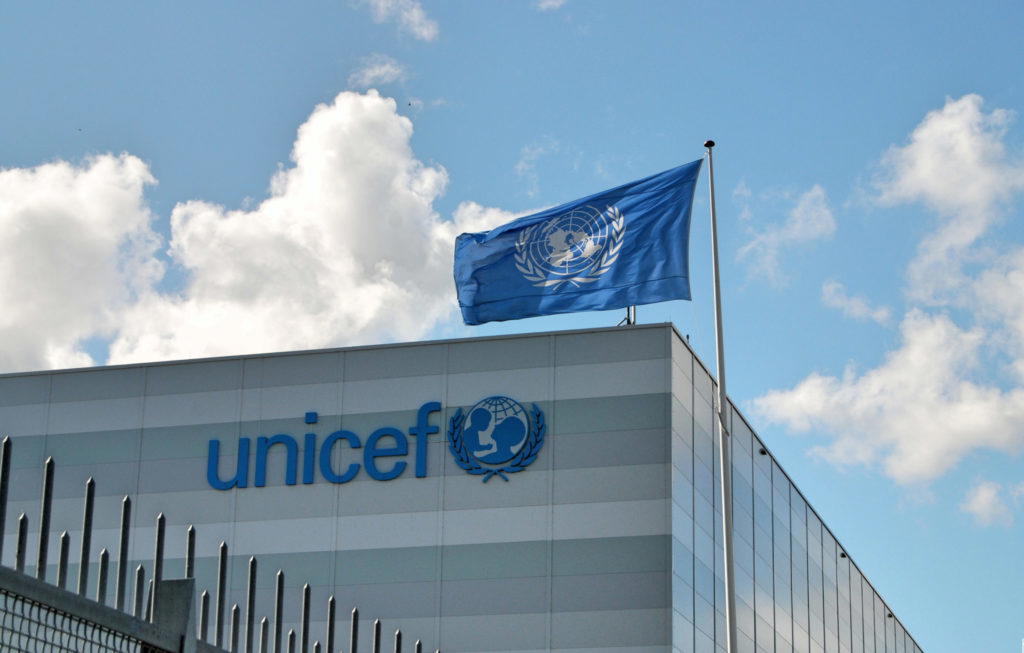The Federal Government, in partnership with UNICEF, has trained WASH officials in Sokoto and Zamfara States to strengthen cholera prevention and emergency response capacities in vulnerable communities.
The News Agency of Nigeria (NAN) reports that the three-day workshop was organised by the Federal Ministry of Water Resources and Sanitation under the Case Area Targeted Intervention (CATI) programme.
Cholera is a dangerous diarrhoeal infection caused by contaminated food or water.
Though treatable with rehydration and antibiotics, it can become fatal within hours if left untreated.
Chief Scientific Officer Mr Ayodele Babalola, on Thursday, said the training was designed to equip WASH officers with the skills to manage cholera emergencies and implement effective prevention strategies.
Babalola said trained officials would share their knowledge in their communities, encouraging hygiene behavior change and helping states adopt new approaches for preventing cholera outbreaks.
“Participants were trained in water treatment, containment of cholera spread, and disinfection services at individual, group, facility, and community levels,” Babalola said.
He said the programme integrated community engagement, promoted innovation, and introduced standardised procedures, alongside strengthening policies to support faster progress toward universal sanitation coverage.
Babalola noted that participants gained skills in data analysis, reagent preparation, outbreak response, and WASH programme design with improved monitoring, evaluation, and data management practices.
He explained the training targeted officials from cholera-prone LGAs in Sokoto and Zamfara, which remained among Nigeria’s states with consistently high cholera incidence rates.
Babalola added that key players, MDAs, CSOs, and frontline responders were involved to build collaborative momentum toward eradicating cholera in the two northwestern Nigerian states.
National Coordinator of NEWSAN, Mr Attah Benson, urged local and state governments to prioritise WASH programmes and increase their budgetary commitments for cholera response and prevention.
Benson called for dedicated emergency funds to enable rapid response during outbreaks.
He stressed this would help stakeholders implement proactive and effective measures for public health emergencies.
He emphasised that access to clean water, sanitation, and hygiene remained the most powerful tool against cholera, with vaccines serving only as a secondary preventive measure.
Benson said ending open defecation required joint action from all stakeholders, supported by strong political will and the timely release of funds by state authorities.
He described the workshop as a vital opportunity to enhance the skills of rural frontline workers, helping them better respond to outbreaks and strengthen WASH services in underserved areas.
The post FG, UNICEF boost cholera response in North appeared first on Vanguard News.

